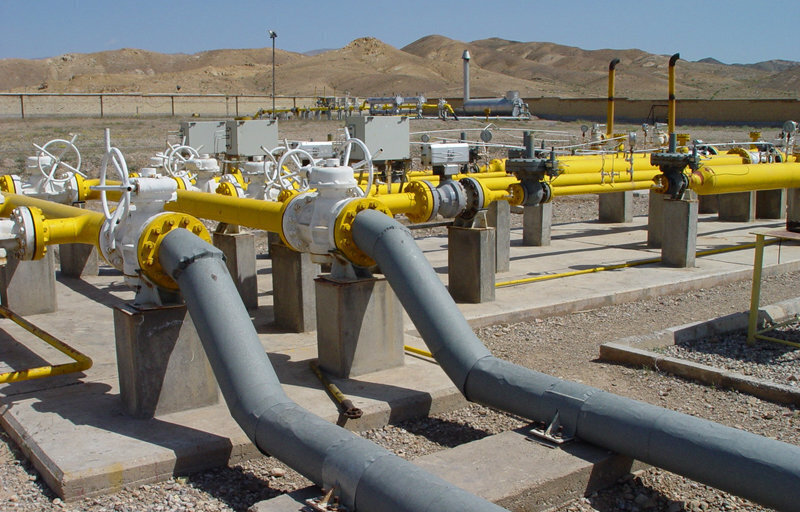Iran’s gas transmission capacity hits 818mcm/d

TEHRAN – Iranian Gas Transmission Company (IGTC)'s managing director said the transmission capacity of the national gas network has reached 818 million cubic meters per day (mcm/d).
Referring to the planned maintenance of 86 pressure boosting stations and more than 37,000 kilometers of high-pressure pipelines, the official stated, “In the first eight months of this [Iranian calendar] year (March 20-November 20], 163 billion cubic meters (bcm) of gas were transferred to consumption points. In this sector, we also saw a four-percent increase compared to last year.”
In terms of the storage of gas in the country, Jamshidi-Dana said that in the cold season and at maximum consumption the gas storages help the stability of the gas transmission network, adding, “In the first eight months of this year we saw a 17-percent increase in gas injection to Sarajeh underground gas storage (UGS) and a 26-percent increase in gas injection to Shourijeh UGS.”
The mentioned storages supply gas to six northern and northeastern provinces that are far from the southern gas-rich regions, eliminating the need for importing gas from Turkmenistan.
Reproduction from Sarajeh and Shourijeh storages increased by 33 percent in the past Iranian calendar year compared to the preceding year, according to Ahmad Rajabi, director of technical affairs at the National Iranian South Oil Company (NISOC).
As one of the world’s top gas producers, Iran is planning to expand its underground natural gas storage capacity to ensure that enough natural gas is available during peak demand periods to avoid electricity supply shortfalls in the future.
According to the National Iranian Gas Company (NIGC)’s plans, the capacity of the two storage facilities, Sarajeh and Shourijeh, is planned to increase to over seven billion cubic meters in near future.
Back in November 2019, NIGC announced that the company had awarded the development project of Shourijeh gas storage facility to an Iranian company based on a build-operate-transfer (BOT) contract.
MA/MA
Leave a Comment